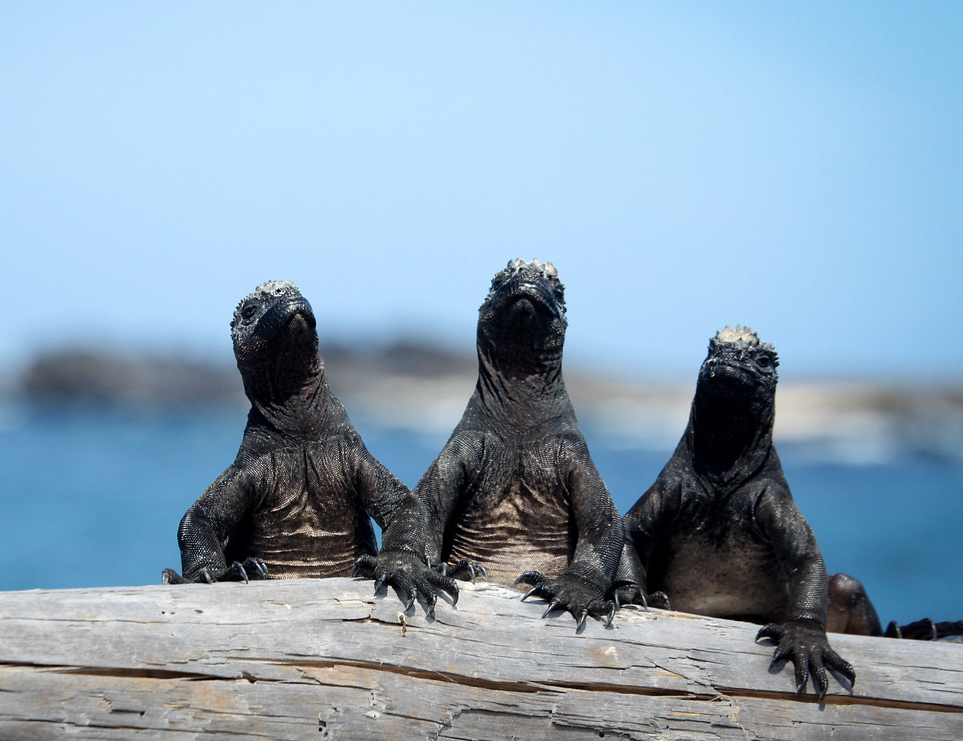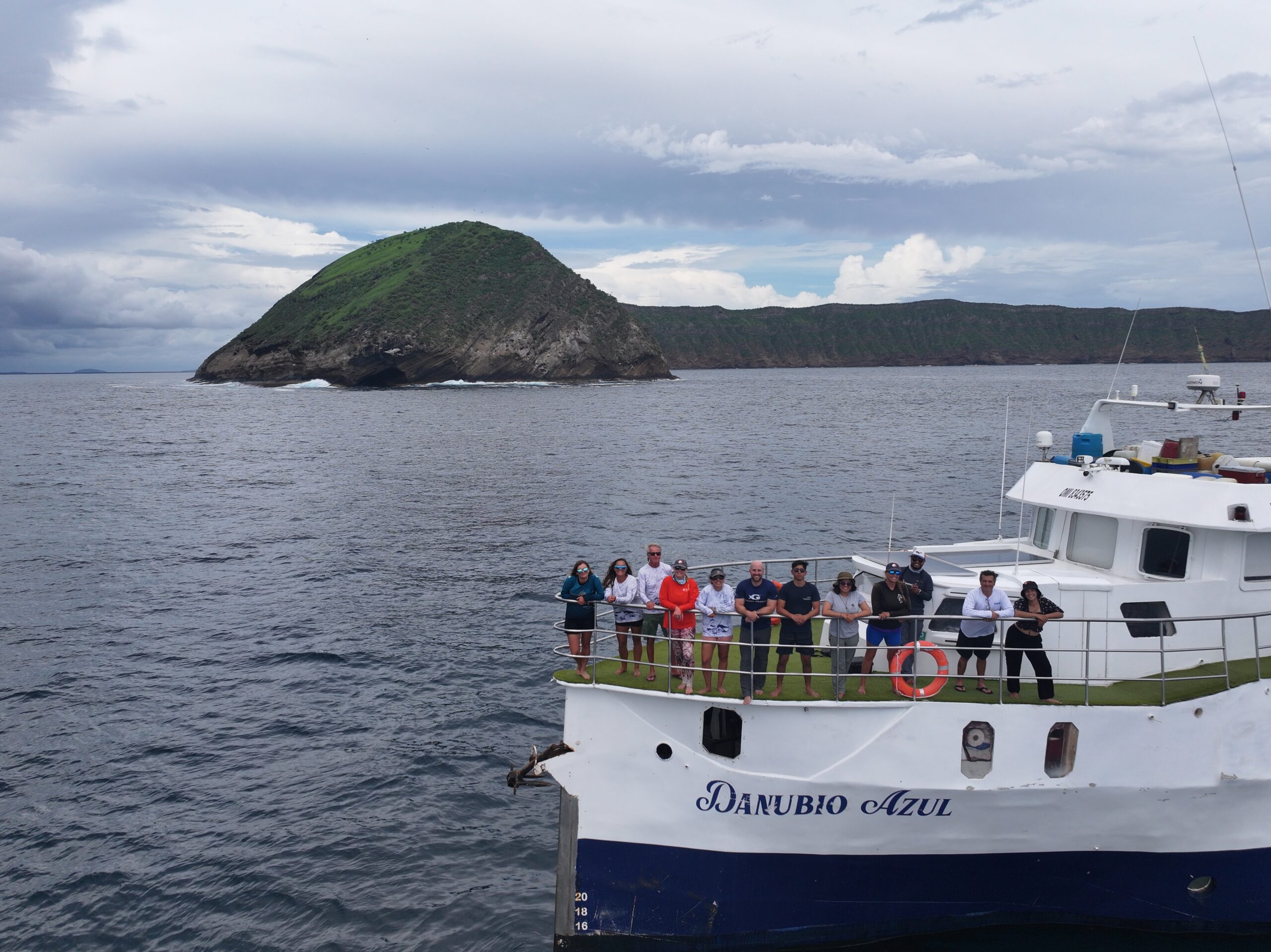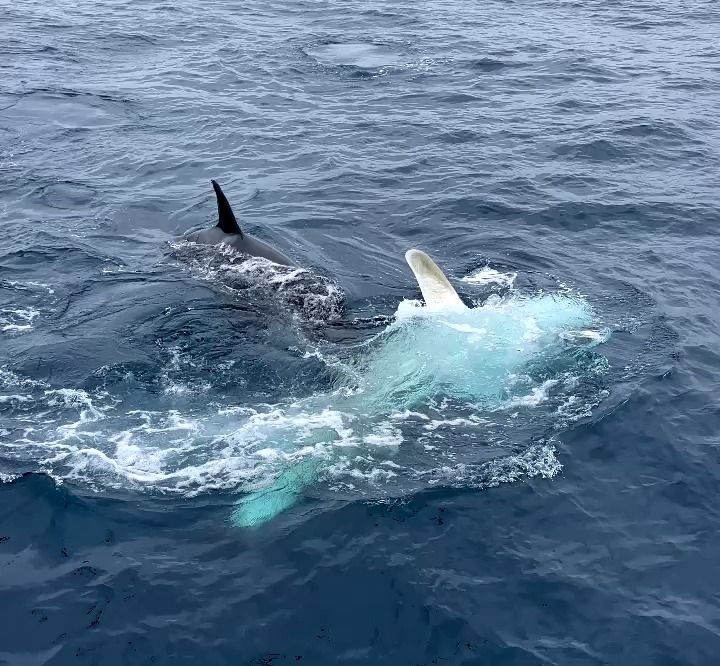Photo by Josh Clarke.
- Pieter Van ‘t Hof, Diana Pazmiño, Daniela Alarcón, and Juan Pablo Muñoz, professors at the Universidad San Francisco de Quito and researchers at the Galapagos Science Center (GSC), will embark on the Darwin200 expedition, contributing to three out of the eleven research projects that will be carried out in the Galápagos to study and raise awareness about the impacts of global warming on the archipelago, as well as the conservation status and health of its nature.
- Darwin200 and the Galapagos Science Center will closely collaborate from May 14th to 17th to expand on Darwin’s observations and address environmental challenges through joint research and conservation actions.
- The Universidad San Francisco de Quito (USFQ) and the Galapagos Science Center (GSC) are organizing an in-person and Zoom talk on Friday, May 17th, at its headquarters on San Cristóbal Island, Galapagos, to address the importance of involving the local community in conservation efforts to ensure the sustainable development of the region.
- Sarah C. Darwin, great-great-granddaughter of Charles Darwin, who has already completed her PhD on the endemic tomatoes of the Galápagos, returns to the islands to sample the region’s tomatoes as part of the Darwin200 expedition.



On Monday, April 29th, the Darwin200 team, led by Rolf Schreuder and composed of 4 lead researchers and 3 members of the audiovisual team, visited the GSC. Naia Andrade, a student at USFQ and audiovisual producer, emphasized the importance of the visit to explore and share their passion for research and conservation in the Galápagos. During their stay, they were able to tour the facilities of USFQ Galapagos and the laboratories of the GSC, impressed by the ongoing projects. This visit represents an invaluable opportunity to inspire more people in the fight against climate change and biodiversity conservation.
The results of the Darwin200 expedition will be documented in three films. This ambitious journey promises to generate content of great relevance, both for the scientific community and for enthusiasts of environmental challenges, by promoting collaboration in research and conservation.
For more information about Darwin200: www.darwin200.com






